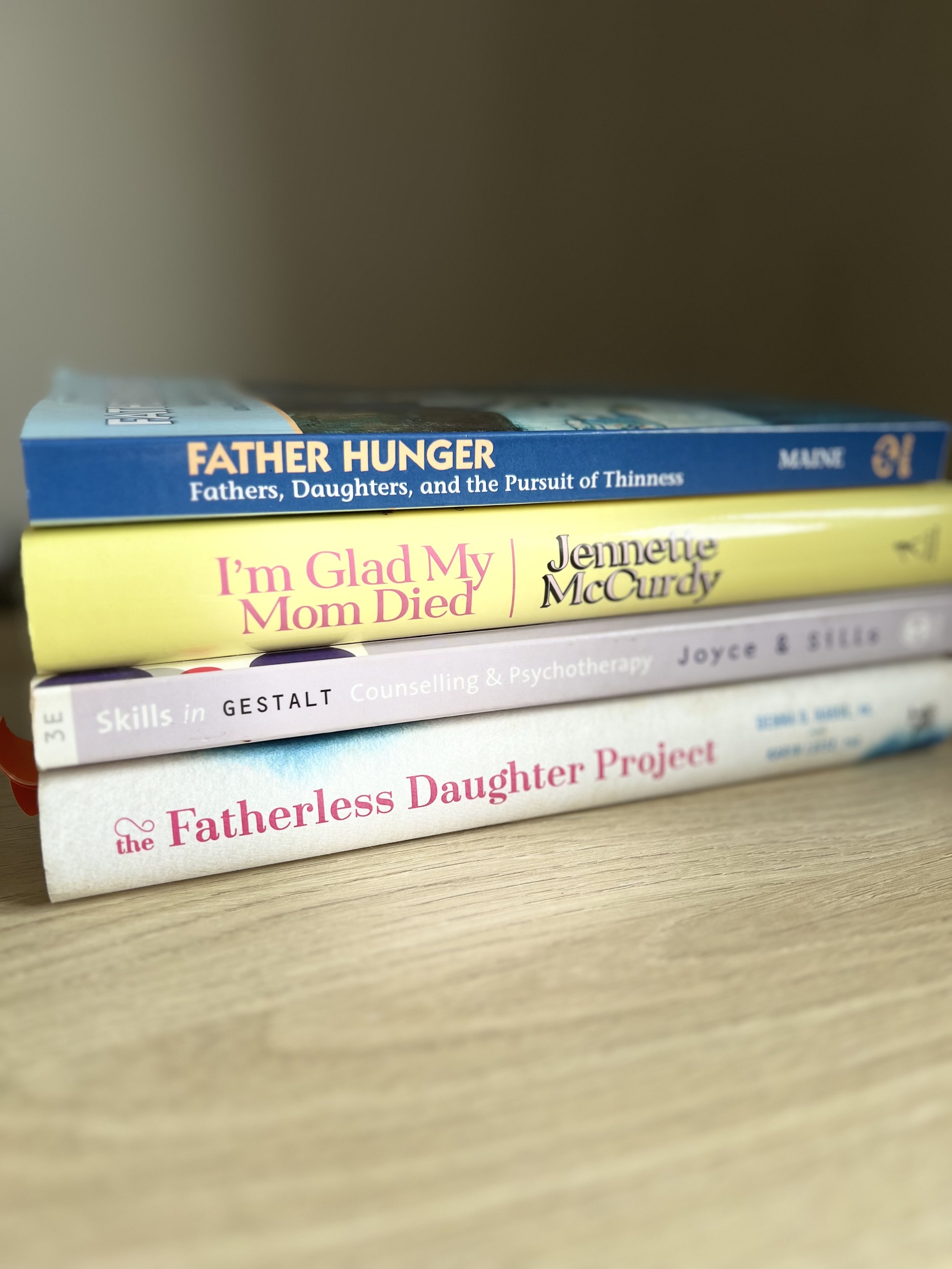Meet Melissa Noyce MBACP (Accred)
Hello, I’m Melissa, and I’m so glad you’re here. Honestly, reaching out for support can feel like a huge step, so let me share a bit about me, why I do this work, and what I hope we can explore together.
Why I do this work
Growing up, I didn’t have a relationship with my dad. It left me with this heavy feeling of being unworthy, like there was something wrong with me. For a long time, I didn’t even realise how much it shaped the way I saw myself and my relationships. It wasn’t until I found counselling (reluctantly, might I add!) that I started to make sense of it all. It changed my life so profoundly that I knew I had to help others find their way too.
My Professional Journey
Once I qualified with a diploma in Gestalt counselling, I started my private practice. Gestalt counselling focuses on helping you understand your emotions, patterns, and behaviours by exploring the connection between your thoughts, feelings, and the present moment. It’s a creative approach that allows us to work together in a way that feels authentic and tailored to you.
Alongside my private practice, I worked as a bereavement counsellor at Southampton General Hospital for five years. I was drawn to bereavement work because it felt like one of the few places that mirrored the feelings of abandonment - grief and abandonment share so many similarities. When a parent leaves you by choice, there’s no societal framework for grieving that loss. But being with people in their grief helped me see that I, too, was grieving - just in a different way.
That’s how I discovered disenfranchised grief, a term for grief that isn’t always recognised or validated by others. It gave me a way to understand my own experience, and it’s something I now help my clients explore too. (You can read about disenfranchised grief in this blog post)
Balancing these two roles deepened my understanding of grief, loss, and the many ways they can shape our lives. These experiences have become the foundation of how I approach my work - compassionate, grounded, and focused on what matters most to you.

How I work
Let’s be honest - starting counselling can feel awkward and uncomfortable at first. I get it. Even I feel sweaty and uneasy when I meet someone new! But over time, I’ve learned to embrace that initial discomfort. It’s a natural part of building a connection with someone. I’ve found that those first moments of nervousness hold so much potential, and I always look forward to hearing your story - no matter how it looks or feels.
Something I’ve learned about myself in my own therapy is that I’m a highly sensitive person. I feel things deeply, and that sensitivity means I’m often very aware of what’s happening in the (virtual) room - both for me and for you. When we start working together, I might wonder, “ How am I going to feel with this person? what feelings will be mine, and what might be yours?” This isn’t just curiosity; it’s part of how I work. I pay close attention to what’s going on for me because it often mirrors something happening for you, even if you’re not fully aware of it yet.
For example if you’re feeling numb or disconnected, it’s not unusual for me to notice that I’m picking up on emotions you might not be ready to feel. I see my role as helping you take back what’s yours - those feelings that may have been buried or dismissed - and gently reconnect with them in a way that feels safe.
I like to work at a pace that feels right for you, whether that’s slow and steady or a bit more exploratory. I’m also mindful of the roles that might show up in the room, especially if you’re navigating issues related to an absent father. Am I now standing in as that figure for you? How does that make you feel? What does that bring up? These dynamics can be powerful, and I believe in bringing them into the room so we can explore and make sense of them together.
At the heart of my work is the belief that every part of your experience - awkwardness, discomfort, numbness, or pain - deserves space. We’ll navigate it together, at your pace, in a way that feels manageable and meaningful.
What I Hope For You
If you’re here because something feels heavy, stuck, or like it’s holding you back. I want you to know this: you don’t have to face it alone. Whether it’s grief, the pain of abandonment, or simply a longing to reconnect to yourself.
You don’t need to have it all figured out - that’s what we’ll do together.
